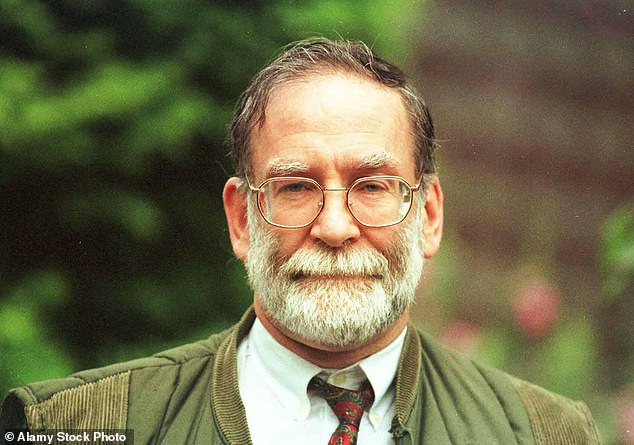EVERY death from natural causes will be checked by a second doctor under planned reform to stop another Lucy Letby or Harold Shipman tragedy
Deaths from natural causes will be monitored by a second doctor in an attempt to prevent another Letby or Shipman case.
In a major overhaul of the way deaths are certified, medical examiners will now investigate anything that doesn't involve a coroner.
Officials say the move will “protect the public” and “strengthen security measures” in the wake of the Lucy Letby baby murders.
A national system to monitor all deaths was first recommended two decades ago at a public inquiry following the deaths of more than 200 people by GP Harold Shipman.
After a series of delays, ministers have confirmed that reforms to 'help prevent criminal activity and bad practices' will come into effect from April next year.
In a major overhaul of the way deaths are certified, medical examiners will now investigate anything that doesn't involve a coroner. Officials say the move will 'protect the public' and 'strengthen security measures' in the wake of the Lucy Letby baby murders (pictured)
Officials said the changes will see medical examiners scrutinize all deaths in England and Wales that are not referred to coroners, expanding the system from hospitals to GPs certifying deaths in the community.
Health Minister Maria Caulfield said: 'It has taken time to get this right, but it was vital that we had the support of everyone involved in the process to ensure it protects people and supports survivors in the way it should they deserve.
“While abuse of the system is rare, what we are announcing today will be an important step in preventing failures in the future.
'I would like to thank everyone involved in the process – from medical professionals to coroners and registrars – for helping this government deliver on its promise to introduce a safer system of death certification.'
For years, Britain's most prolific serial killer, Shipman, managed to avoid detection by declaring that patients he murdered had died of natural causes, thus avoiding scrutiny by a coroner.
The announcement comes in the same week that Lucy Letby was struck from the nursing register, amid claims it could have saved lives if it had been implemented earlier.
Letby, 33, was convicted of seven murders and seven attempted murders during her time as a neonatal nurse at the Countess of Chester Hospital between 2015 and 2016.
Although the legislation was passed in 2009, hospitals did not begin using medical examiners until 2019, after Letby committed her crimes.
Professor Peter Furness, the former president of the Royal College of Pathologists, suggested that many of Letby's victims could have been saved if ministers had not delayed the key recommendation.
Medical examiners are expected to confirm the proposed cause of death and the overall accuracy of the medical certificate, while supporting appropriate referrals to the coroner.

A national system to monitor all deaths was first recommended two decades ago at a public inquiry following the deaths of more than 200 people by GP Harold Shipman (pictured)
The proposed cause of death will also be discussed with families, giving people the opportunity to ask questions or express concerns about the death.
The changes were originally supposed to be introduced earlier this year, but have been postponed.
Dr. Suzy Lishman, from the Royal College of Pathologists, welcomed the 'long-awaited reforms to death certification'.
She said: 'Medical researchers already investigate the majority of deaths in England and Wales, identifying concerns and helping to improve care for patients and support for survivors.
'Moving to a statutory system in 2024 will further strengthen these safeguards and ensure that all deaths are reviewed and the voices of all relatives are heard.'
National Medical Examiner Dr. Alan Fletcher said: 'The NHS is pleased that the Government is putting the work of medical examiners independently investigating all non-coronial deaths in England and Wales on a statutory footing by April 2024.
“As the leader of the medical examiner system, I have witnessed the care medical examiners take to support survivors, increase safety measures and identify opportunities to improve care.”
He added: 'Medical examiners ensure that if relatives have concerns following their loss, these can be raised as easily as possible. That's why it's great to see this progress toward a comprehensive system.”
